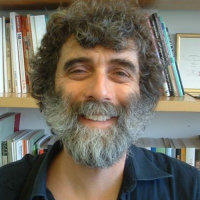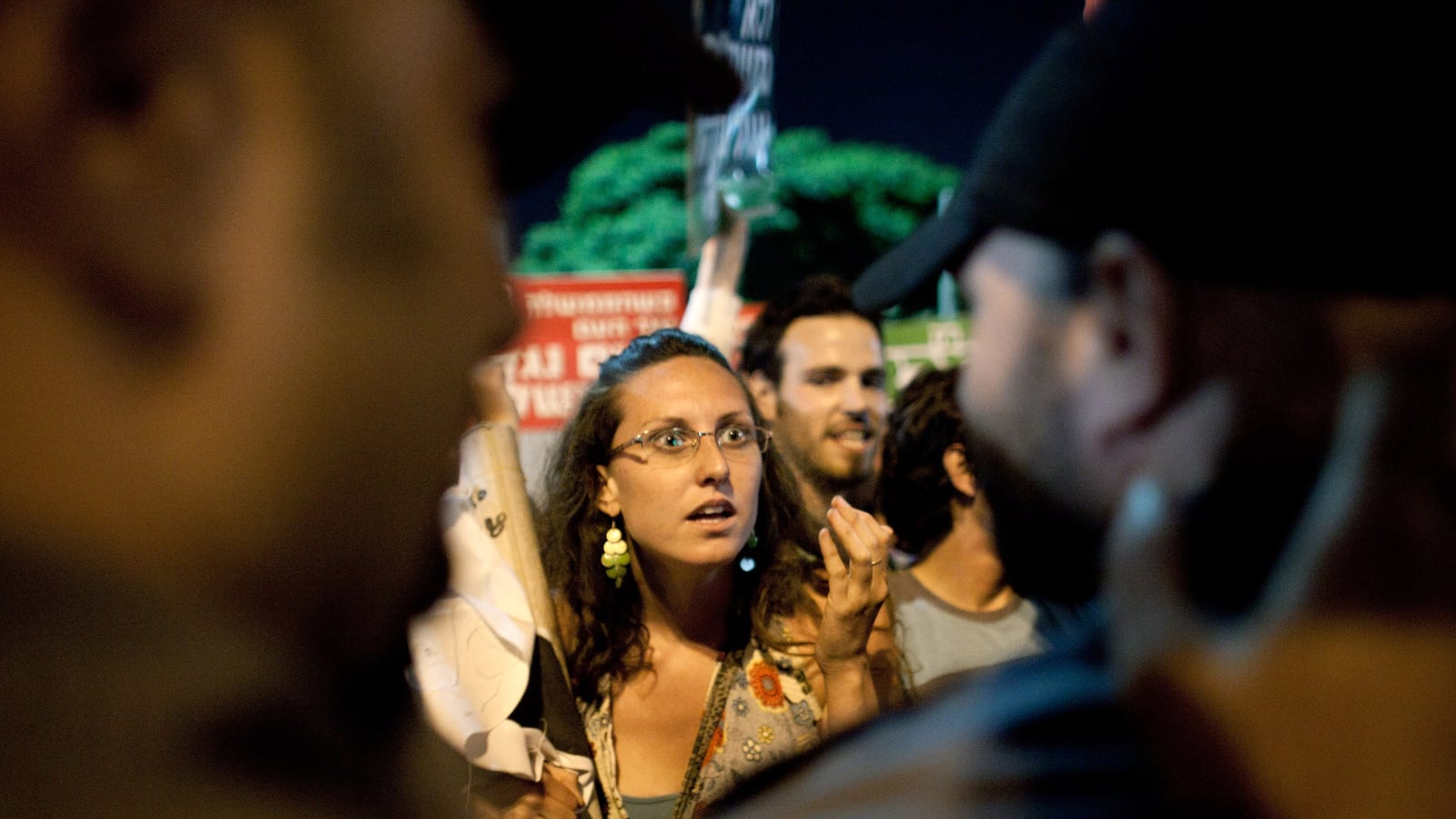The news photos of Nadav Ben-Yehuda arriving at Ben-Gurion Airport from Nepal shows a gaunt-faced young man with one hand bound heavily in bandages. Ben-Yehuda became a hero, one could say, because he chose not to conquer the mountain.
I feel personal gratitude to him. Ever since I read Jon Krakauer's Into Thin Air—more precisely, ever since I mainlined the book's horrors directly into my nightmares—I've believed, or wanted to believe, in the theoretical certainty that an Israeli mountain climber would act as Ben-Yehuda did. Three hundred meters from the peak of Mt. Everest, he turned the theoretical prediction into reality.

Before I talk about Ben-Yehuda, a word more about Krakauer's book. As you may remember, it's a first-person account of the disastrous 1996 climbing season on Everest. Too many people reached the top during the same opening in the weather, which ended in a savage storm. Nine climbers died while Krakauer was on the mountain. Several people made desperate efforts to save others, even dying in the attempt.
This is just the setting of the nightmare. The nightmare, as Krakauer unflinchingly relates, is that climbers repeatedly left still-living comrades lying in the snow, deciding that they were too far gone to save and that the attempt would cost more lives. As if to make these decisions even more haunting, one of those they'd left for dead awoke hours after he was abandoned, stood up, and lurched into camp. He was nearly left for dead again before he made it down far enough for a helicopter rescue.
I'm sure that everyone who reads Krakauer's account is disturbed by it. I suspect that other Israeli readers had the same reaction as I did: The feeling just past disbelief that one has when hearing about cannibalism. Israeli climbers, I thought, would have died before leaving someone behind. In the abstract, such a choice might arguably be mistaken, resulting in more deaths. But there are things that a person's culture and upbringing don't allow him or her to consider. You may consider this to be Israeli chauvinism, but I thought that, at least in theory, it was a correct reading of the people with whom I live. In general, they are blessedly unclear on the concept of individualism.
Nadav Ben-Yehuda, a 24-year-old veteran of the IDF's alpine unit, intended to set the record for being the youngest Israeli to climb Everest. This year's climbing season, however, will be recorded alongside 1996 as a brutal one. On his way up, around 300 meters short of the peak, Ben-Yehuda spotted someone unconscious, gloveless, without oxygen. Apparently even before he recognized the man as Aydin Irmak, a Turkish-American he'd befriended at the base camp, Ben-Yehuda made what he called the "automatic" decision to save him, rather than continuing to the peak. Ben-Yehuda's own oxygen mask was broken. He had take off his gloves to carry Irmak for eight hours. If your first priority is keeping yourself alive, this isn't how you pursue it. But Ben-Yehuda got Irmak down far enough for both of them, terribly frostbitten, to be airlifted out.
Speaking to a reporter, Ben-Yehuda said his army service taught him that "you never leave a friend in the field." It's true that the IDF puts an extraordinary stress—not just in talk but in training—on bringing everyone back. But that military value is itself a reflection of a society-wide assumption that a person lives with and for other people. There's no Israel myth of the pioneer family alone on the prairie. Israeli founding myths are about movements, collectives and communes.
Yes, I know, this hasn't kept Israel from being swept by the same free-market fundamentalism as other countries, imported in part by technocrats (and a prime minister) educated abroad. It doesn't prevent tribalism, xenophobia or prejudice—any more than American individualism does.
But it does decode a lot about history and the present day. It helps explain why the administrative plan for the state of Israel, completed by Zionist leaders just before independence, simply assumed that the state had to provide health care for all citizens. It explains why Israel has no mommy wars about putting infants in day care; infants need to learn to get along in groups. It makes sense of why, last summer, Israel traded a thousand prisoners to get one back and of why, during the same summer, Israeli demonstrations demanding a welfare state dwarfed the Occupy movement in America. It explains why a total stranger can run down the street to tell you that your child should be wearing a sweater. It explains pieces of Israel that foreign correspondents (with lovely exceptions) usually don't write about.
It also makes sense of why Nadav Ben-Yehuda turned and conquered the desire to conquer the mountain.






